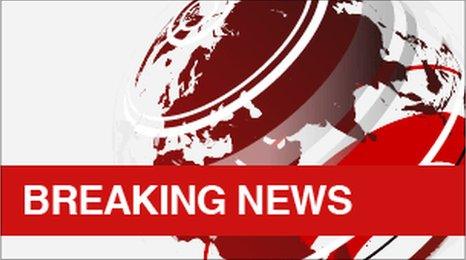Swiss referendum: Will Swiss say no thanks to nuclear power?
- Published
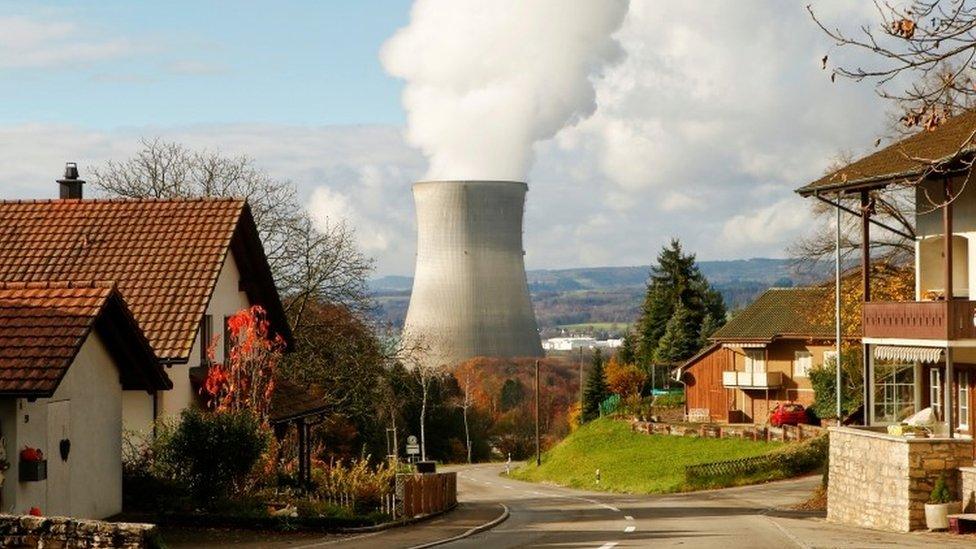
Thirty-eight per cent of Switzerland's energy currently comes from nuclear power
Swiss voters will decide on Sunday whether to phase out nuclear power.
Although Switzerland's government already has a plan to decommission the country's five nuclear plants "at the end of their natural lives", opponents of nuclear power claim the strategy is too vague, and may allow the plants to keep operating indefinitely.
The proposal before voters, brought by the Green party, calls for nuclear plants to be closed after a maximum 45 years in operation, and for a ban on construction of any new plants.
This would mean that three of the five plants would have to shut next year, the fourth in 2024 and the last in 2029.
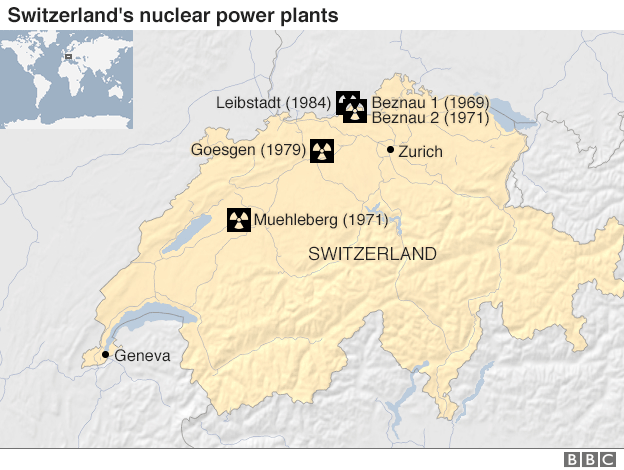
The 2011 accident at Japan's Fukushima nuclear plant was, for many Swiss voters, the deciding factor in a relationship with nuclear power that has always been uneasy.
In the wake of Fukushima, the Swiss government announced the plan to gradually phase out nuclear power, once the plants were no longer viable on the advice of the businesses which run them and the Swiss nuclear watchdog.
The announcement coincided with neighbouring Germany's decision to abandon nuclear power too, but did not go as far, in that the German government set fixed dates for decommissioning.
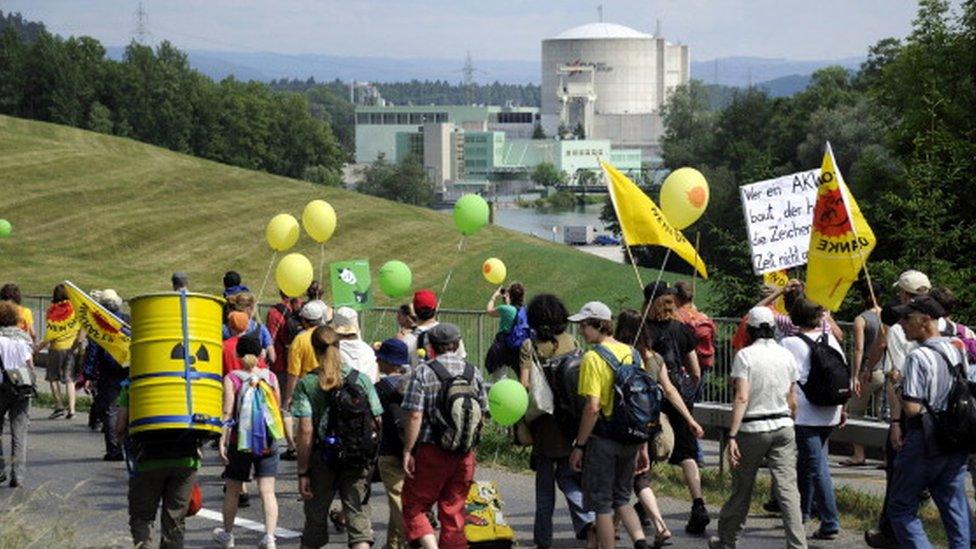
Opponents of nuclear power argue it is wrong to allow aging plants to keep operating indefinitely
It is the perceived vagueness over dates, and concerns over safety, which lie behind the current vote on a faster phase-out.
'Catastrophic'
Switzerland is a densely populated country, none of its five plants is more than 70km (43 miles) from urban centres and the government issues iodine tablets to communities within a certain radius, to be taken in case of a release of radioactive material.
Due to public concern, no new nuclear power stations have been built in Switzerland since 1984.
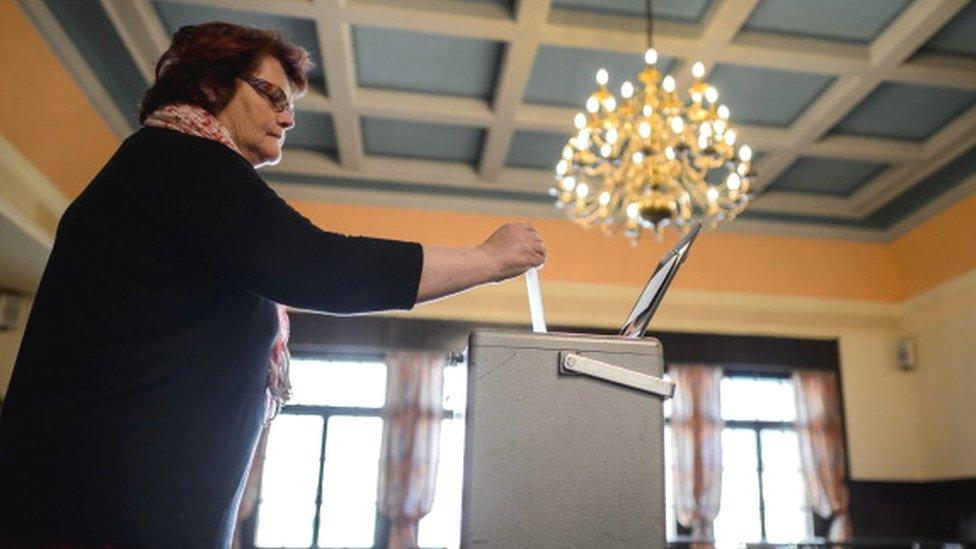
The referendum is the latest in a series to be held in Switzerland
The Beznau 1 plant is the world's oldest, dating back to 1969, while Muhleberg is close enough to the Swiss capital Berne for all its citizens to have iodine tablets in their bathroom cabinets. It came on stream in 1971.
For campaigners like Nils Epprecht of the Swiss Energy Foundation, Switzerland is just not the right country for nuclear power. An accident would be "catastrophic", he argues, making large parts of the country uninhabitable.
Supporters of a quick phase-out of nuclear also say that Switzerland, already famous for strict environmental policies, ought to be providing Europe with a shining example of renewable energy, rather than relying on elderly nuclear reactors. More than 60% of Swiss power already comes from a renewable source - hydropower.
And, they argue, unless the government commits to a firm date for a nuclear phase-out, there will be no economic impetus to invest in renewables.
But Swiss business leaders, very influential on Switzerland's political scene, have their doubts.
Thirty-eight per cent of Switzerland's energy currently comes from nuclear power, and Hans Ulrich Bigler, member of parliament for the centre-right Radical Party, and director of the Swiss Association of Small and Medium Businesses, believes that without a clear solution on how to fill that gap, such a rapid exit from nuclear power would be the real catastrophe.
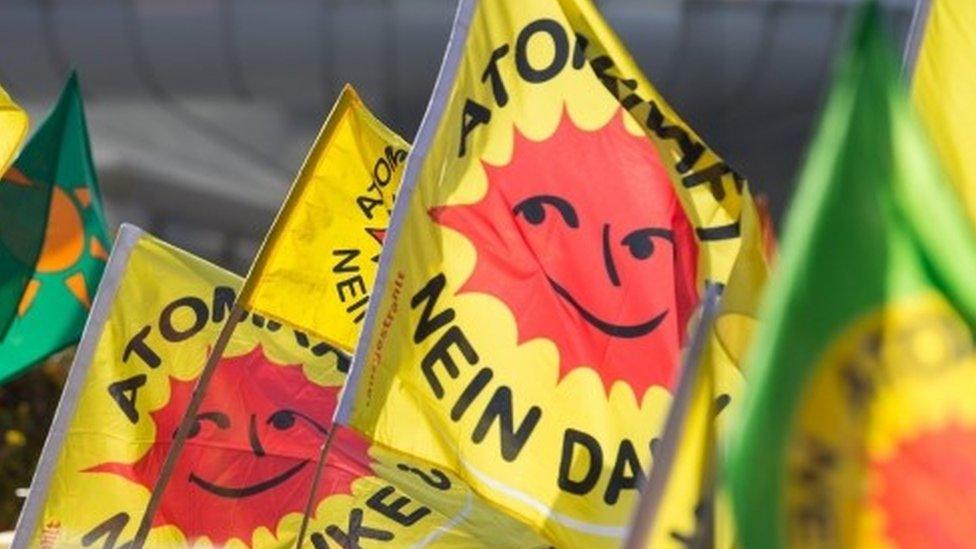
Swiss voters will decide whether to say 'yes please' or 'no thanks' to nuclear power
"Energy prices would rise," he claimed, "and we would have to import energy from France or Germany."
Imported French energy, Mr Bigler claims, would almost certainly be nuclear, while German terawatts would likely come from coal. Neither, he argues, would really achieve the environmental aims of those calling for an end to nuclear.
Latest opinion polls show the vote is likely to be very close, with many voters agonising over their desire to do what they think is right for the environment, and a reluctance to damage the Swiss economy, currently ranked as the world's most successful.
- Published5 December 2016
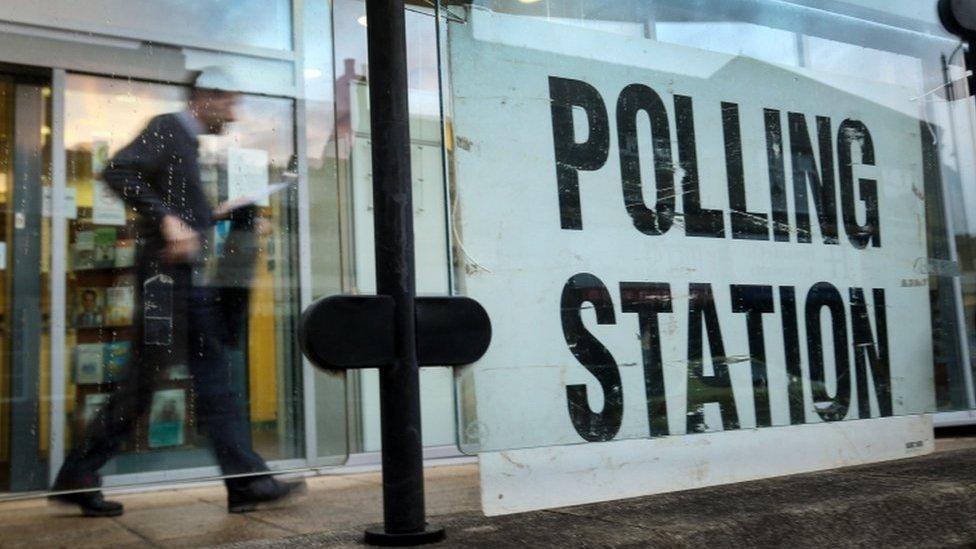
- Published5 June 2016
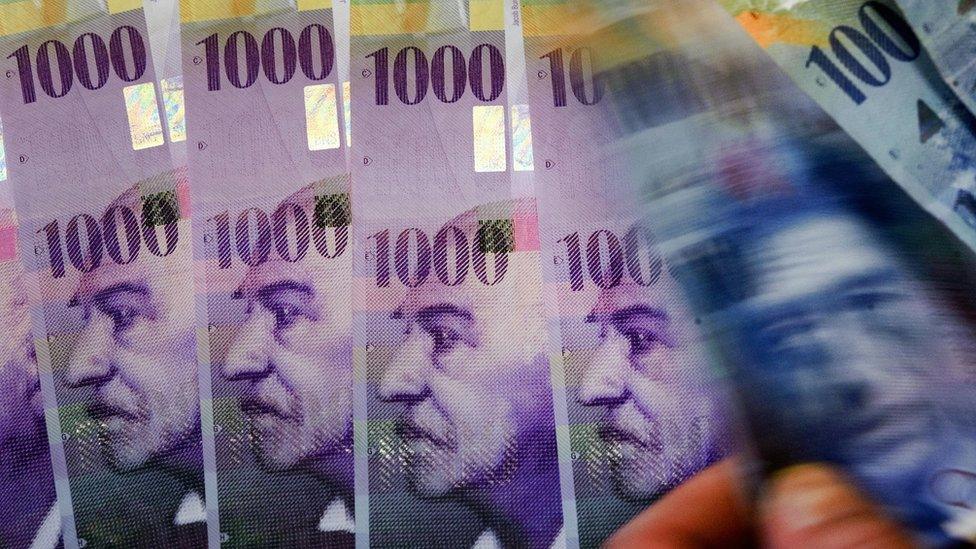
- Published28 February 2016
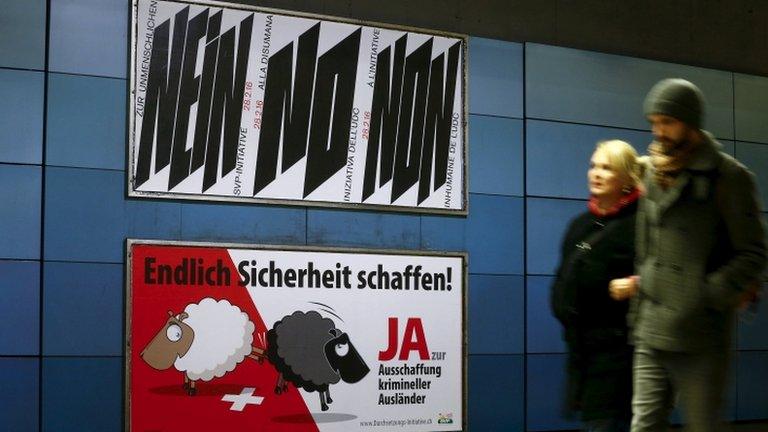
- Published23 February 2016
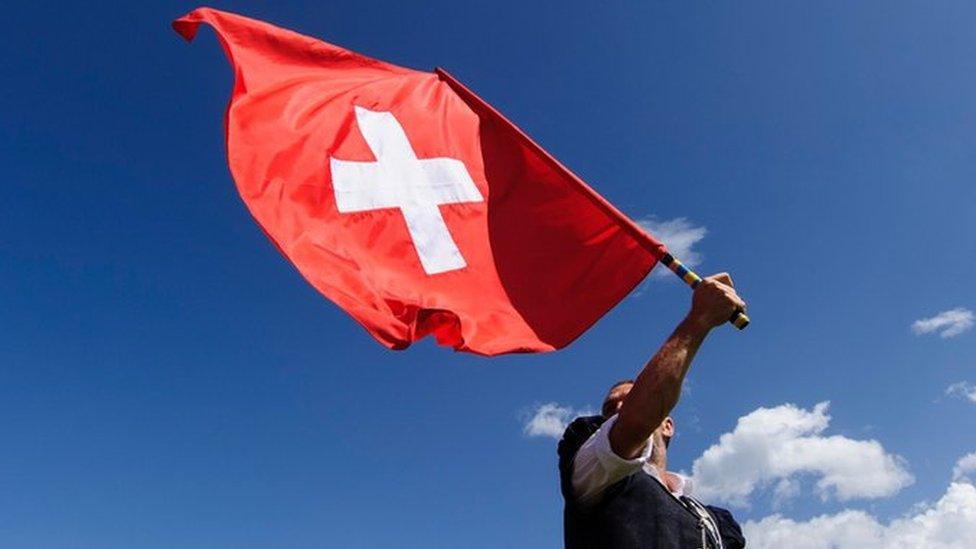
- Published26 May 2011
- Published23 March 2011
